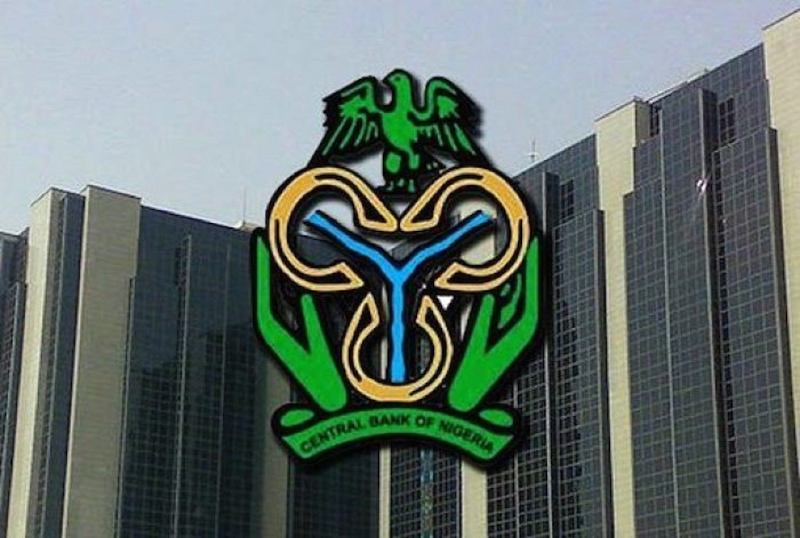Banks are increasing lending to the private sector with an average monthly N1.6 trillion facility over the past two months.
The N1.6 trillion pushed credits to the private sector to N74.31 trillion.
Latest data from the Central Bank of Nigeria (CBN) indicates that credit to the private sector (CPS) rose by 65.9 percent or N29.52 trillion to N74.31 trillion last May compared to N44.79 trillion recorded in the same period last year.
A month-on-month breakdown shows sustained growth in lending over the past two months with additional credits of N1.39 trillion and N1.71 trillion in May and April 2024 respectively.
The CPS includes loans, trade credits, other account receivables, and banks’ support to the private sector within a period.
The CPS is a global measure of the banking sector’s balance sheet resilience and contribution to the national economic agenda.
The growth in lending and support to the private sector underlines the resilient balance sheet of banks and their responses to the CBN’s push for increased lending to bolster economic activities.
The data illustrate the importance of the banking sector emerging as the backbone of the country’s economic renewal agenda.
Banks’ lending and support to the private sector rose from N71.21 trillion in March 2024 to N72.92 trillion in April. They rose to N74.31 trillion in May 2024, representing a month-on-month increase of 1.9 percent and 2.4 percent for May and April 2024 respectively.
The latest CPS data came on the heels of a recent report on capital importation which showed that banks attracted nearly two-third of capital importation.
Analysts had said this was a measure of confidence in Nigerian banks as foreign investors gradually took a more active stance in the nation’s economy.
Experts agreed that increased private sector credit implies a major boost for the economy as there is a link between credit to the private sector and economic growth.
Some studies have continuously found that increased lending by banks directly leads to an increase in Gross Domestic Product (GDP).
Experts at Cordros Capital said they expected the re-enforcement of CBN’s limit on the loans-to-deposits macro-prudential ratio for Deposit Money Banks (DMBs) to continue to drive the willingness of commercial banks to create risk assets.
A study by the CBN concluded that “credit is growth-enhancing, even when trade openness, monetary policy, investment climate, and infrastructure are low.” The study found that private-sector credit increases economic growth.’’
The balance sheet strength of banks also determines the flow of credits, with the continuing increase in lending amidst macroeconomic headwinds underpinning Nigerian banks’ resilience and stability.
In a study on ‘Balance Sheet Strength and Bank Lending During the Global Financial Crisis’, researchers at International Monetary Fund (IMF) examined the role of bank balance sheet strength in the transmission of financial sector shocks to the real economy.
The study found that “banks with strong balance sheets were better able to maintain lending during the crisis.”
According to the study, banks that were ex-ante more dependent on market funding and had lower structural liquidity reduced the supply of credit more than other banks.
“However, higher and better-quality capital mitigated this effect. Our results suggest that strong bank balance sheets are key for the recovery of credit following crises, and provide support for regulatory proposals under the Basel III framework,” the IMF report stated.
Managing Director, Arthur Steven Asset Management Olatunde Amolegbe, said the growth in credit to the private sector could be attributable to an increase in economic activities.
He, however, pointed out that other factors such as inflation and devaluation could moderate such increase
Chief Executive Officer, the Centre for the Promotion of Private Enterprise (CPPE) Muda Yusuf, said the credit outlook remains cautious. He called for an expansive distribution of credits across all tiers of companies and sectors.
According to him, there are major concerns in terms of the distribution of credits across sectors and companies with small businesses, which contribute more to job creation and economic inclusion, not likely to benefit much.
He noted that banks tend to be wary of credit risk concerns associated with lending to small businesses and certain sectors. Yusuf added that efforts should be made to drive inclusive and stable credit access to all sectors, including growth and employment elastic sectors such as agriculture, manufacturing, real estate, and mining and construction.
CBN Governor Olayemi Cardoso had said the ongoing recapitalisation would strengthen banks further to drive the $1 trillion national economic target and support stable economic growth.
According to him, additional capital would not only provide a substantial buffer for banks against potential economic challenges but also enhance Nigeria’s banks’ capability to support massive economic growth and play competitively globally.
Experts agree that considering the increase changing dynamics in the banking sector and the overall economy since the last recapitalisation, it has become necessary to strengthen the banks’ financial positions.

